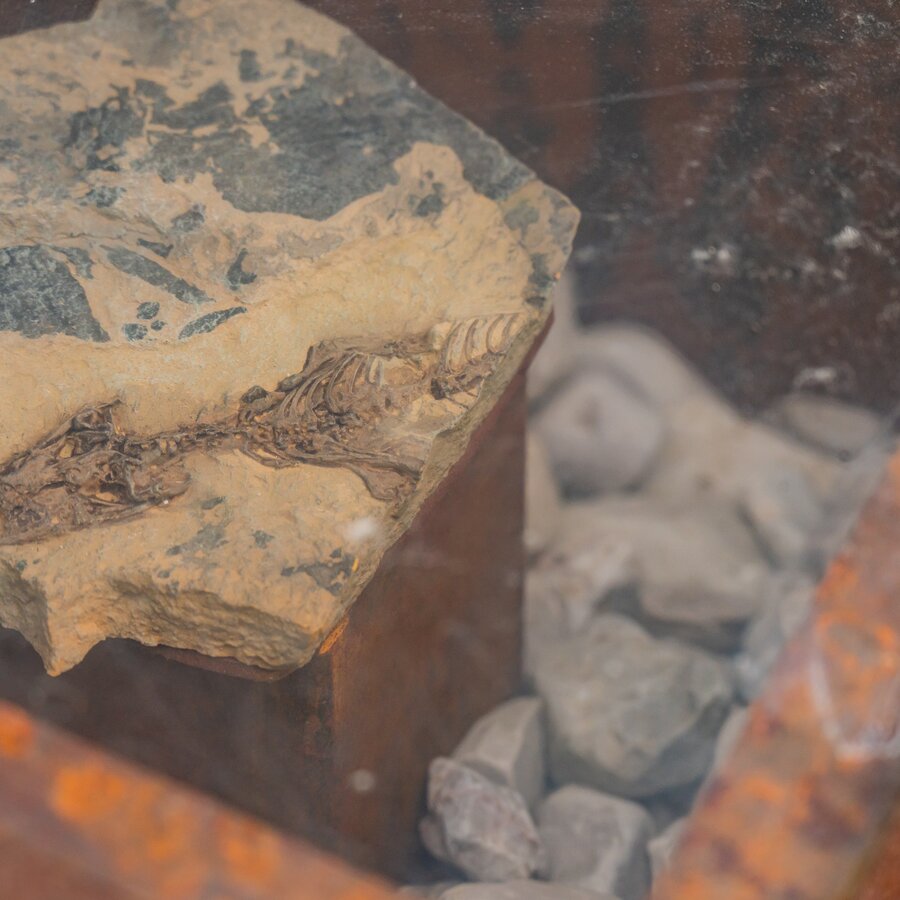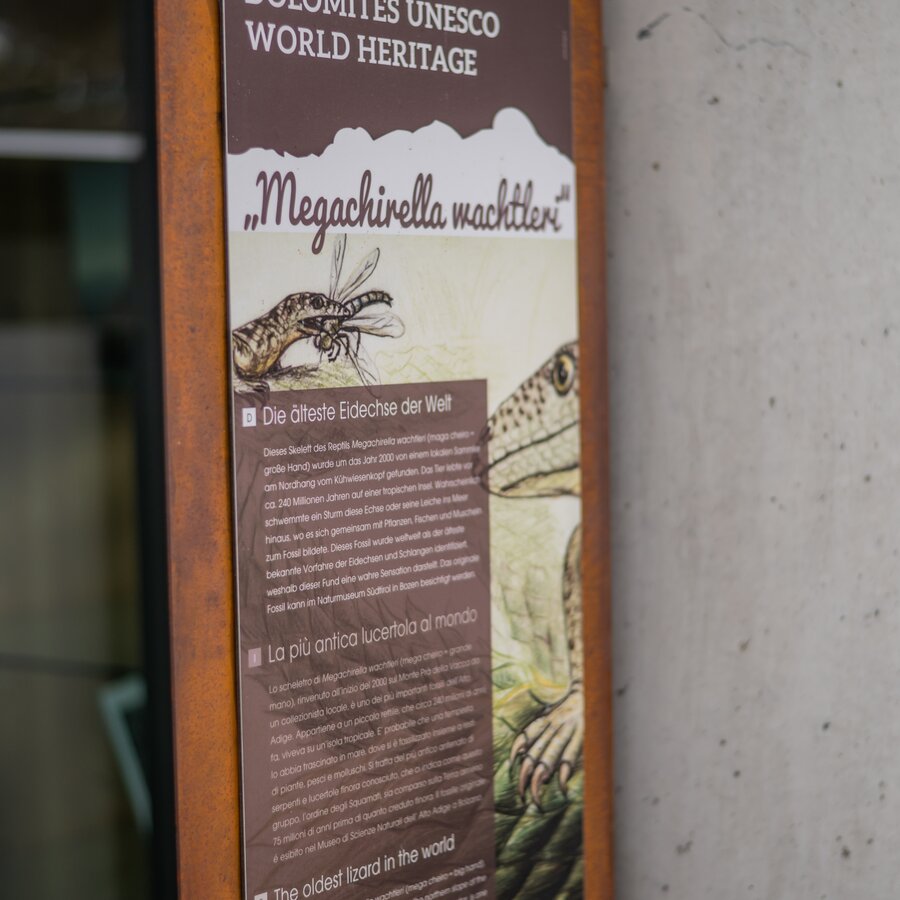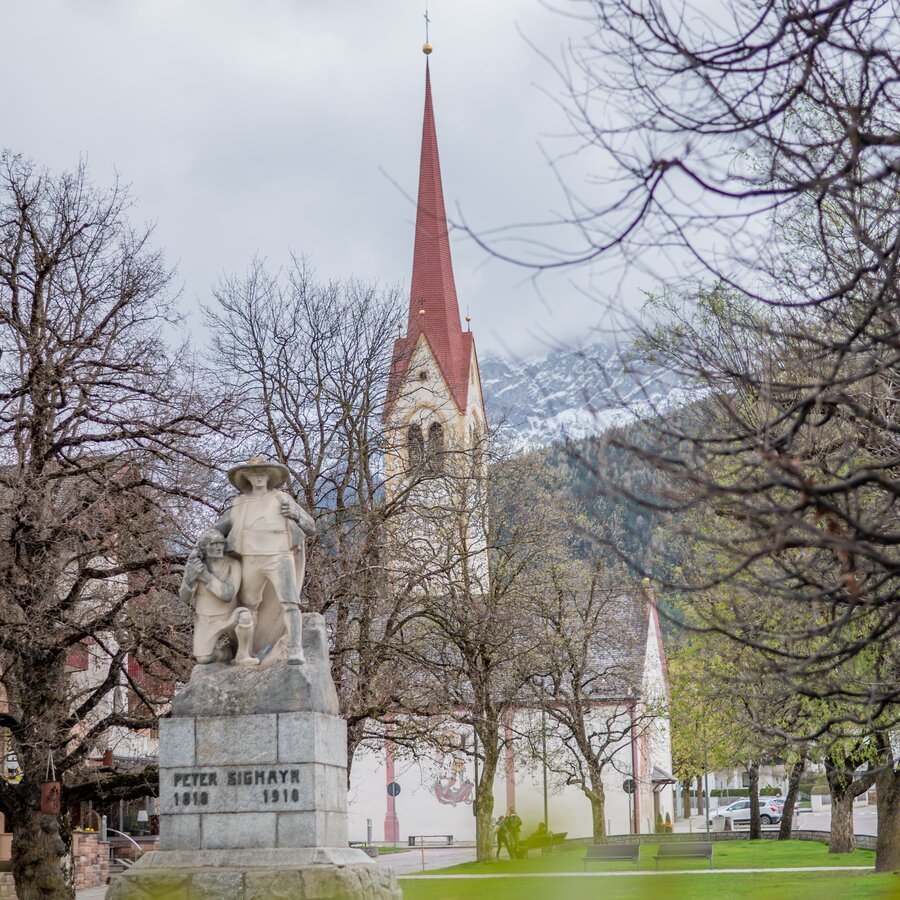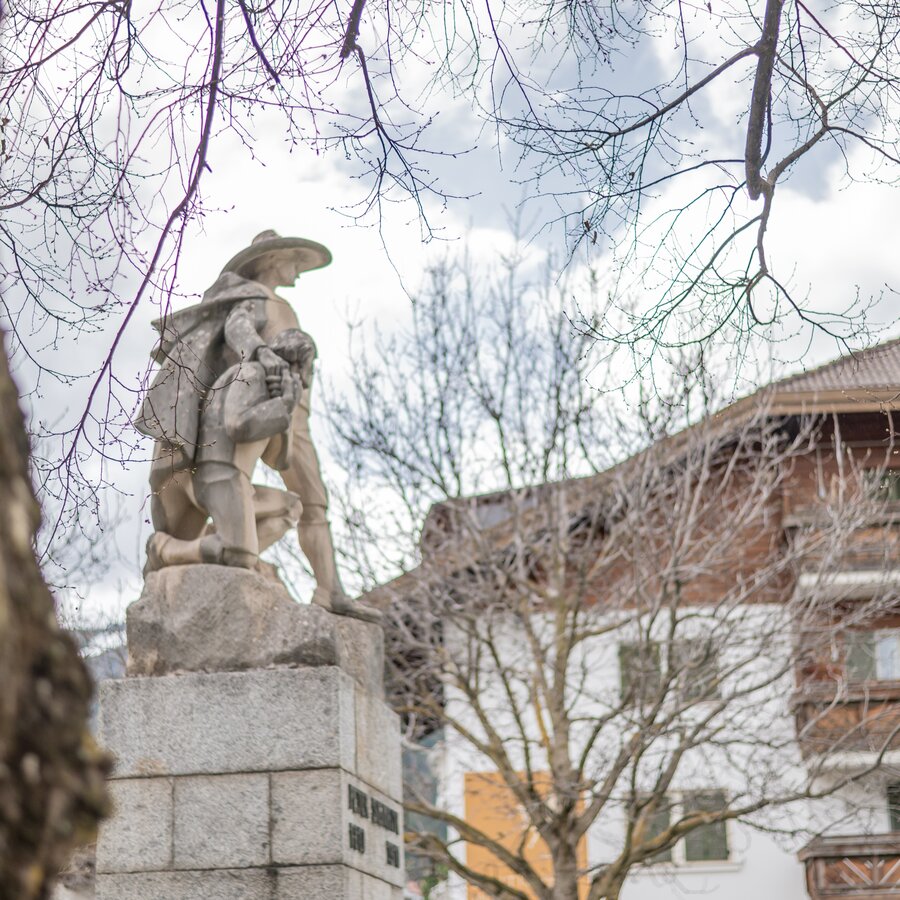Sports & Activities
Spirit of Adventure






Cultural heritage and fossils are valuable witnesses of past times. While cultural heritage tells the story of human creativity and preserves traditions, craftsmanship, and historical developments, fossils provide insights into the natural history of our Earth. Both connect past and present, make history tangible, and foster an understanding of our origins. They remind us of how closely culture and nature are intertwined and highlight the importance of protecting and preserving this heritage to ensure it remains accessible for future generations.

So that future generations can also experience our cultural past, we kindly ask you to treat our cultural heritage with respect.
Important visitor guidelines:
Cultural sites are only accessible during the designated opening hours
Do not park bicycles against historic buildings or fountains
Do not climb on walls or lean over balustrades or railings
Enter cultural sites at your own risk; sturdy footwear recommended
Supervise children
Observe escape routes
Check in advance whether photography is permitted
Respect private property and agricultural land
Do not touch exhibits
Dispose of waste in the designated bins or take it home with you

Olang places great importance on protecting its cultural and natural heritage. Fossils and historical artefacts are legally protected as state property, even if they are found by chance.
In the event of a find, the following rules apply:
Reporting: Within 48 hours to the competent state authorities (Heritage Office, Police, Forestry Department, Carabinieri, etc.)
Documentation: Take a photo with a scale reference and note down your personal details
Verification: The photo will be forwarded to the regional palaeontology expert
Storage: Finds of scientific value are kept in the Natural History Museum; private discoverers may view them. Finds without scientific value may theoretically be kept but remain state property.

Cultural assets that are more than 50 years old and subject to heritage protection – such as works of art, archaeological finds or historical documents – may only be exported with official authorization.
Applications must be submitted either to the Autonomous Province of Bolzano (for export to an EU country or for temporary export) or to the Heritage Office in Verona (for export to a non-EU country).
More info
The list of goods that must be declared to customs when importing into or exporting from Italy is extensive. To avoid problems at airports or border crossings, you should obtain information in advance.
The Italian Customs and Monopolies Agency (Agenzia delle Dogane e dei Monopoli) provides detailed information on current import and export regulations as well as useful travel tips.
Traveller's Customs card